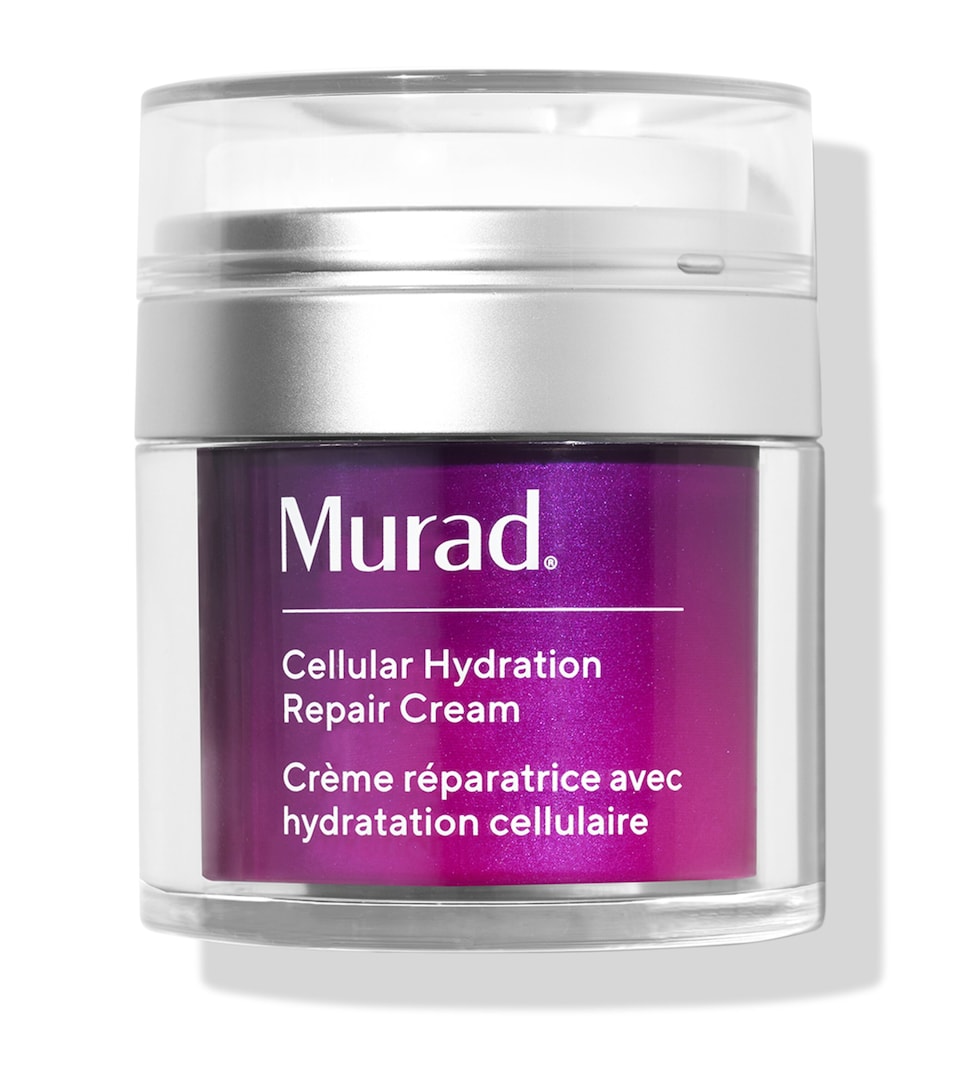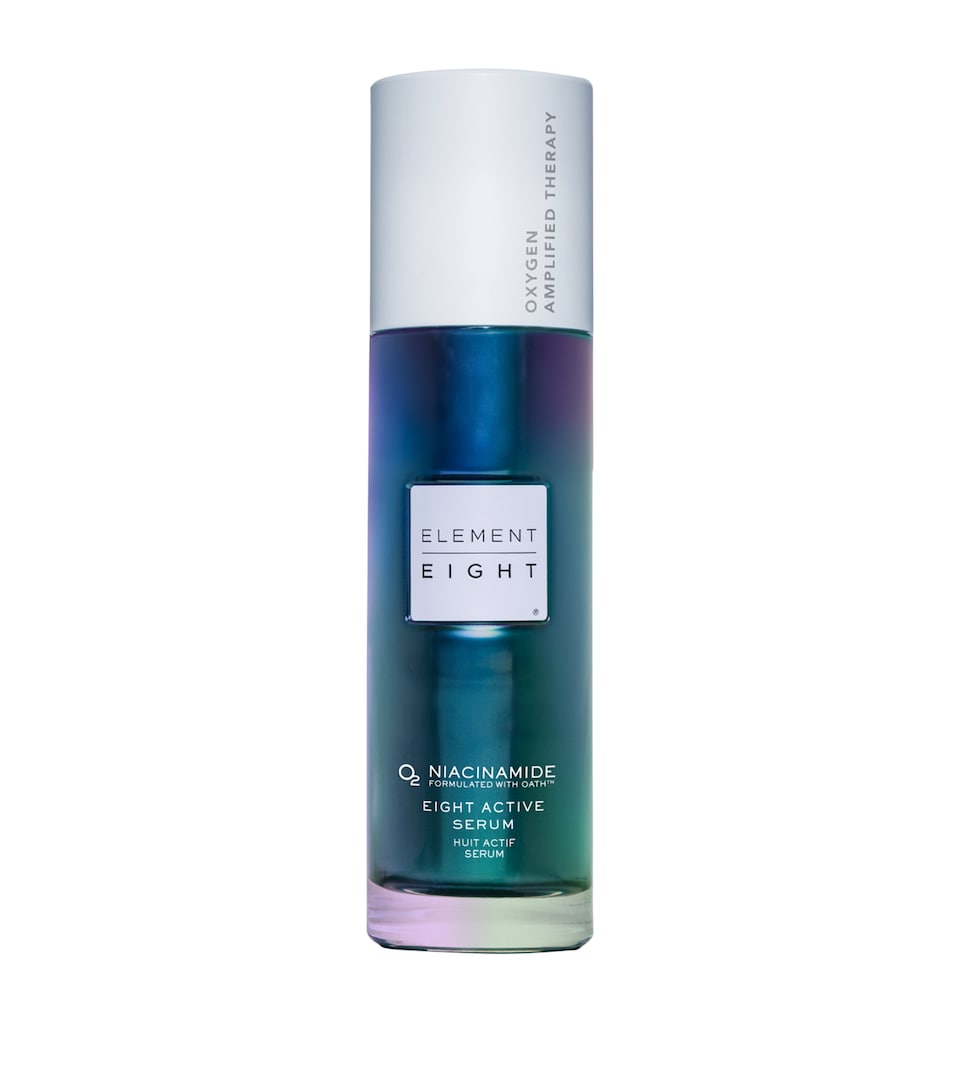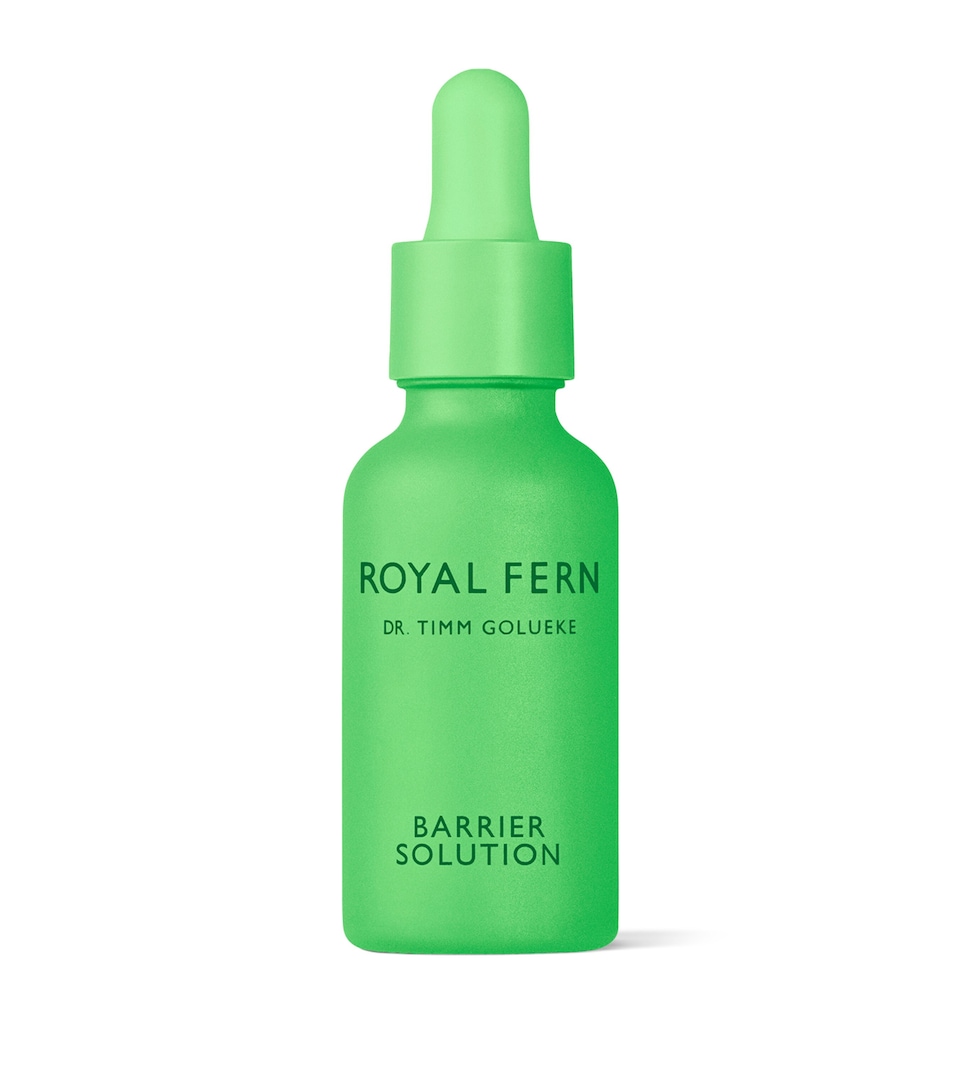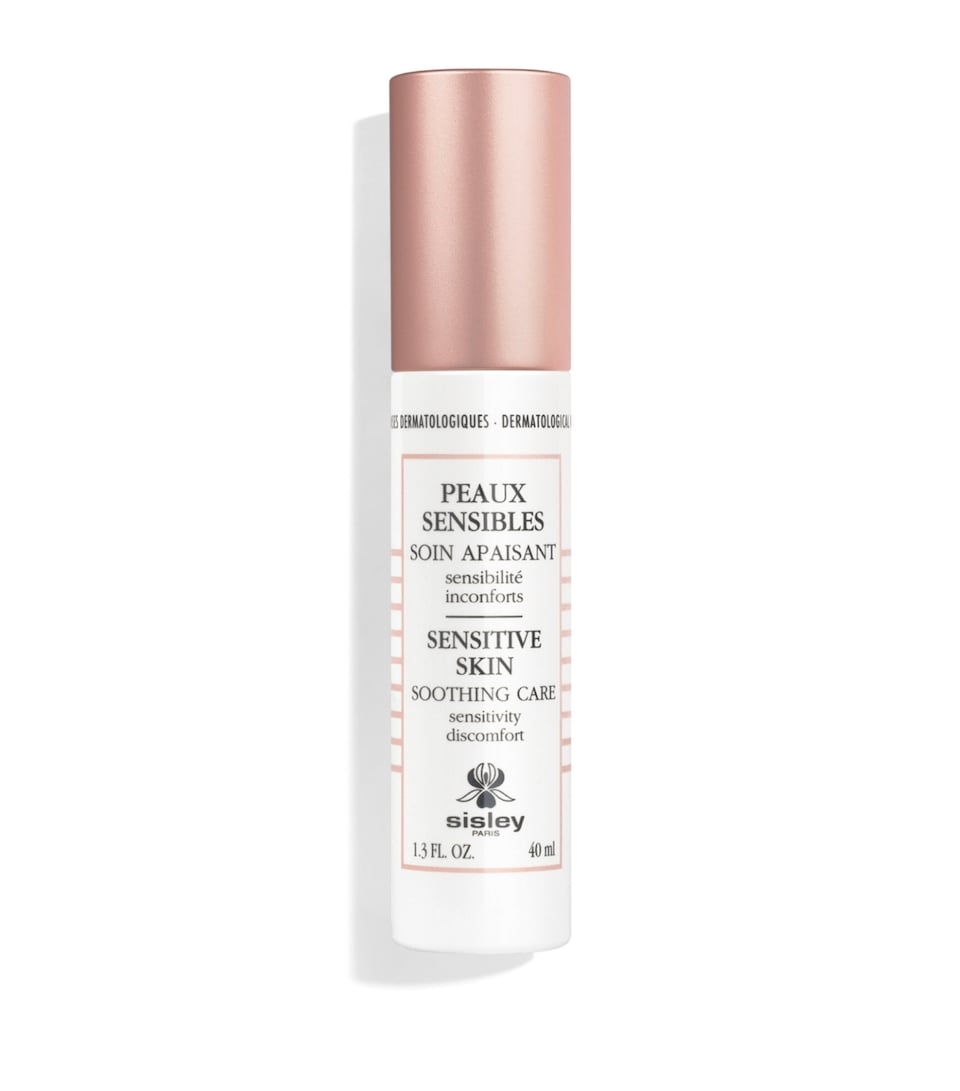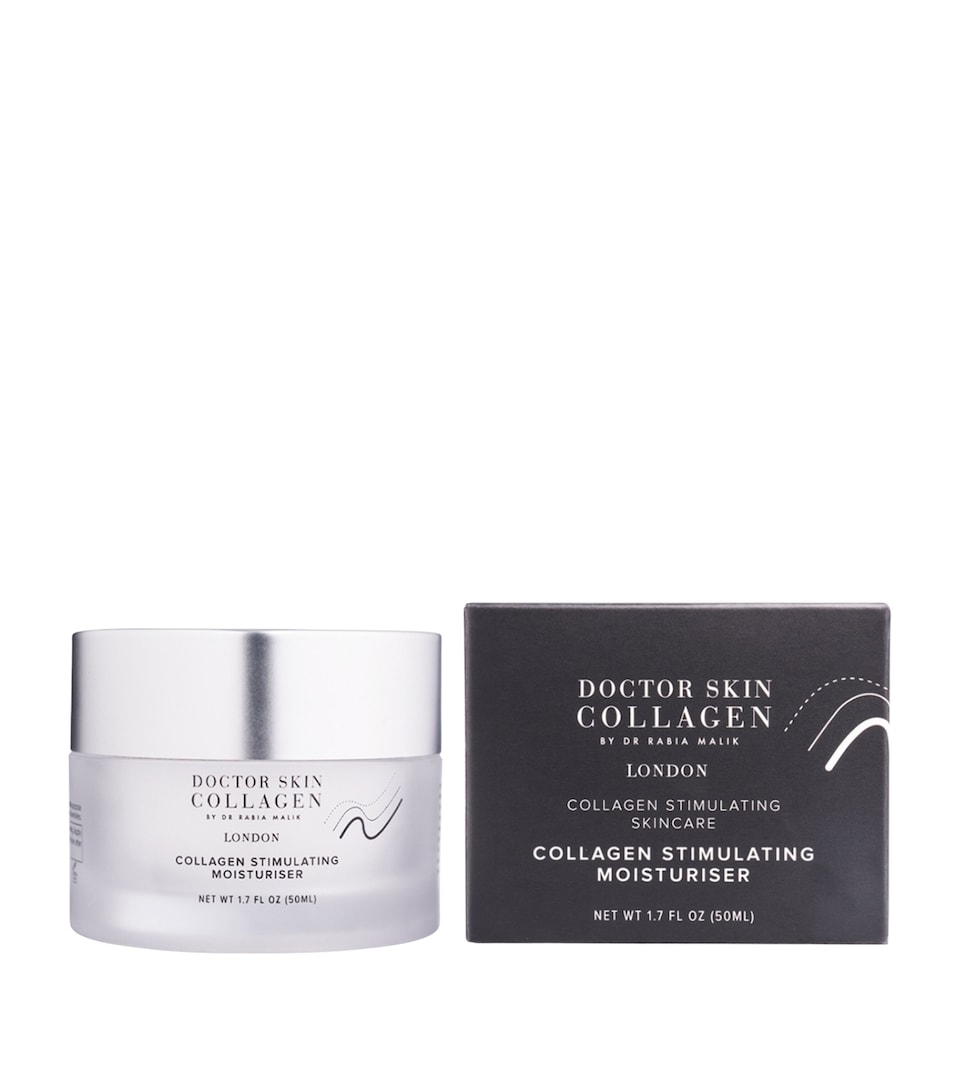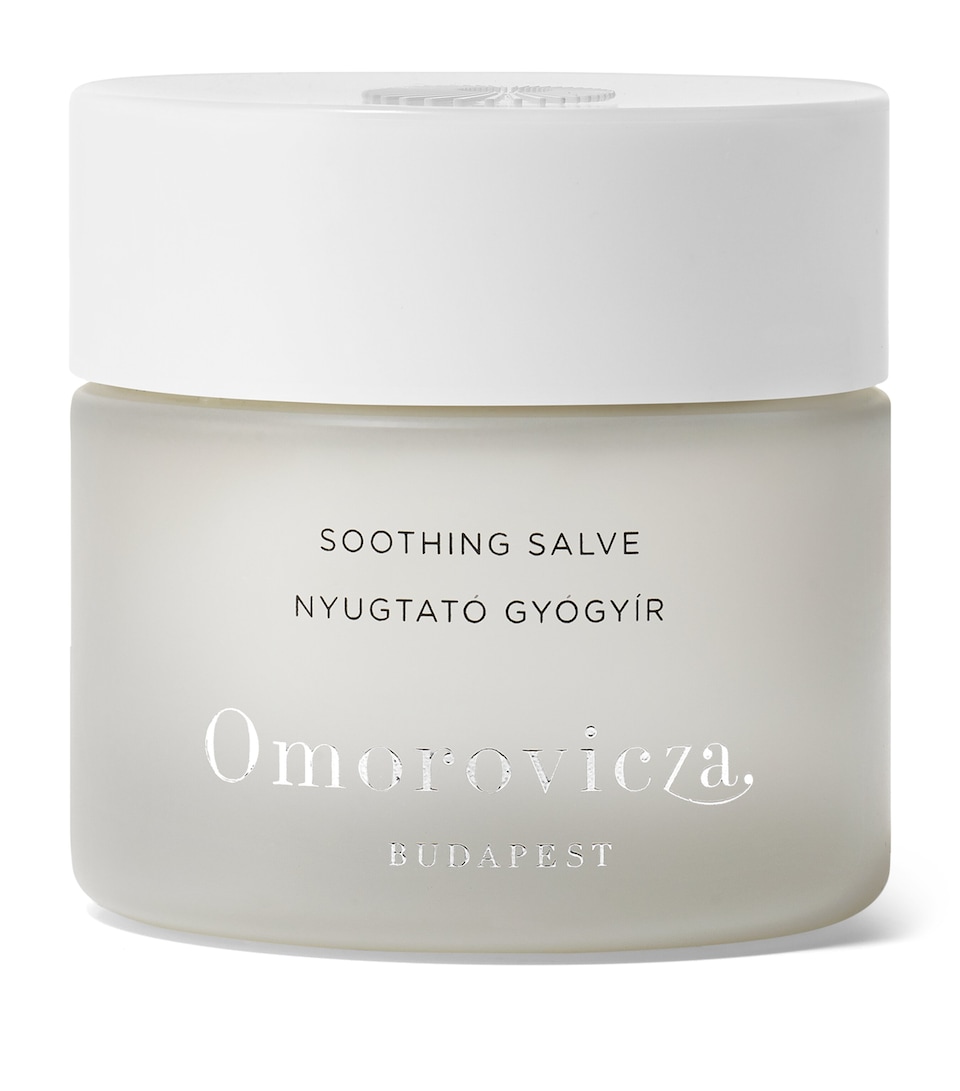
Dermatologist-Approved Products for Sensitive Skin
Words by Jennifer George
Navigating the ever-growing, often-confusing world of skincare is hard enough, but throw sensitive skin in the mix and things get even trickier. Generally more reactive and prone to irritation than other skin types, those with oily or dry skin can experience sensitivity, which can include symptoms such as redness, itching, extreme dryness, tightness, stinging or even a burning sensation (especially when certain products are applied). We’ve been speaking to dermatologists, skincare experts and expert brands on the best products to keep your sensitive skin happy, healthy and hopefully better than ever.
How to Approach Skincare When You Have Sensitive Skin
Dr Rabia Malik, one of Harrods’ in-house aesthetic doctors at The Wellness Clinic, who has additional qualifications in dermatology, advises first and foremost to “keep things simple and go for a pared-back approach.” Avoiding harsh actives, synthetic fragrances and over-exfoliation is key too. “It’s about calming the skin, not doing too much,” she adds. “Simplicity, consistency and quality formulations make the biggest difference in the long term.” She also advises to “listen to your skin - it’s about creating balance, not perfection.”
Dr Howard Murad M.D, Associate Clinical Professor of Medicine at UCLA and founder of skincare brand Murad adds that you should “look for products specifically designed for sensitive skin” (of which there are now so many options, including some of his own!) and reiterates Dr Malik’s note that “consistency is key in helping to control redness and sensitivity. Using skincare products can help reduce the symptoms, but even when the symptoms are diminished, you must continue to keep using the products to help prevent future occurrences.”

Keywords to Look Out for When Shopping for Sensitive Skincare
Aside from just going straight for the products that have ‘sensitive skin’ emblazoned on them, there are other words to look out for that could signify their suitability to deal with your skin type. “The phrases ‘barrier repair’ and ‘skin barrier support’ can indicate products that are suitable for sensitive skin” says Dr Malik. These will help to rebuild and nourish that top layer of your skin that, if compromised, can lead to irritation and sensitivity and let moisture leave your skin easily, leading to dehydration. Murad's Cellular Hydration Barrier Repair Cream , Dr Murad explains, “is a cream with fatty acids from bilberry omegas that immediately repairs dry, flaky skin at the cellular level and helps restore the skin barrier, Sensai's Comforting Barrier Essence helps fight dehydration to leave skin supple and soft and the Barrier Solution Serum by Royal Fern has the added benefit of protecting from external aggressors that can cause inflammation.
“The phrases ‘barrier repair’ and ‘skin barrier support’ can indicate products that are suitable for sensitive skin”, says Dr Malik.
Dr Malik also encourages shoppers to opt for fragrance free products when possible, “as synthetic fragrance is a common cause of skin sensitivities.” Other key ingredients to look out for are ceramides, skin-strengthening lipids (fat) like those found in The Inkey List's Bio Active Ceramide Moisturiser or niacinamide, a form of vitamin B3 that has a whole host of skin benefits, including soothing and preventing inflammation. The Element Eight O2 Niacinamide Eight Active Serum is a great, hydrating, protecting and lightweight option.
Yes, You Can Use Acids on Sensitive Skin
The word ‘acid’ can be scary when associated with skincare, but they’re so brilliant for getting rid of dead skin cells and boosting the glow of your complexion. So it’s good news that you can use certain types, even with sensitive skin. “Lactic acid is my favourite alpha-hydroxy acid for sensitive skin” says Dr Malik, “because it has a larger molecular size, meaning it penetrates more slowly, causing less irritation. It’s also a humectant, so it helps retain moisture, which means less dryness after use. It’s a great option for gently exfoliating and improving skin texture. Glycolic can is usually too strong for sensitive skin types, however there are formulations that offer the strength without the drawbacks. For example, Dr Murad suggests a launch of his targeted specifically at those with sensitive skin, the Murad Sensitive Skin Heartleaf Gentle Resurfacing Serum. “It’s an ultra-gentle glycolic acid serum that helps smooth fine lines and wrinkles” he explains, “a skincare solution that helps to reduce redness, stinging, itching, dryness and tightening.” Crafts with encapsulated, microdosed glycolic acid “the serum works to resurface the skin and imparts a touch of radiance” he adds. A magic ingredient is fermented heartleaf extract, which contributes to a calmer, better-hydrated complexion. Additional microalgae and ceramides “boost the comfort and soothe any irritation whilst strengthening the skin.”
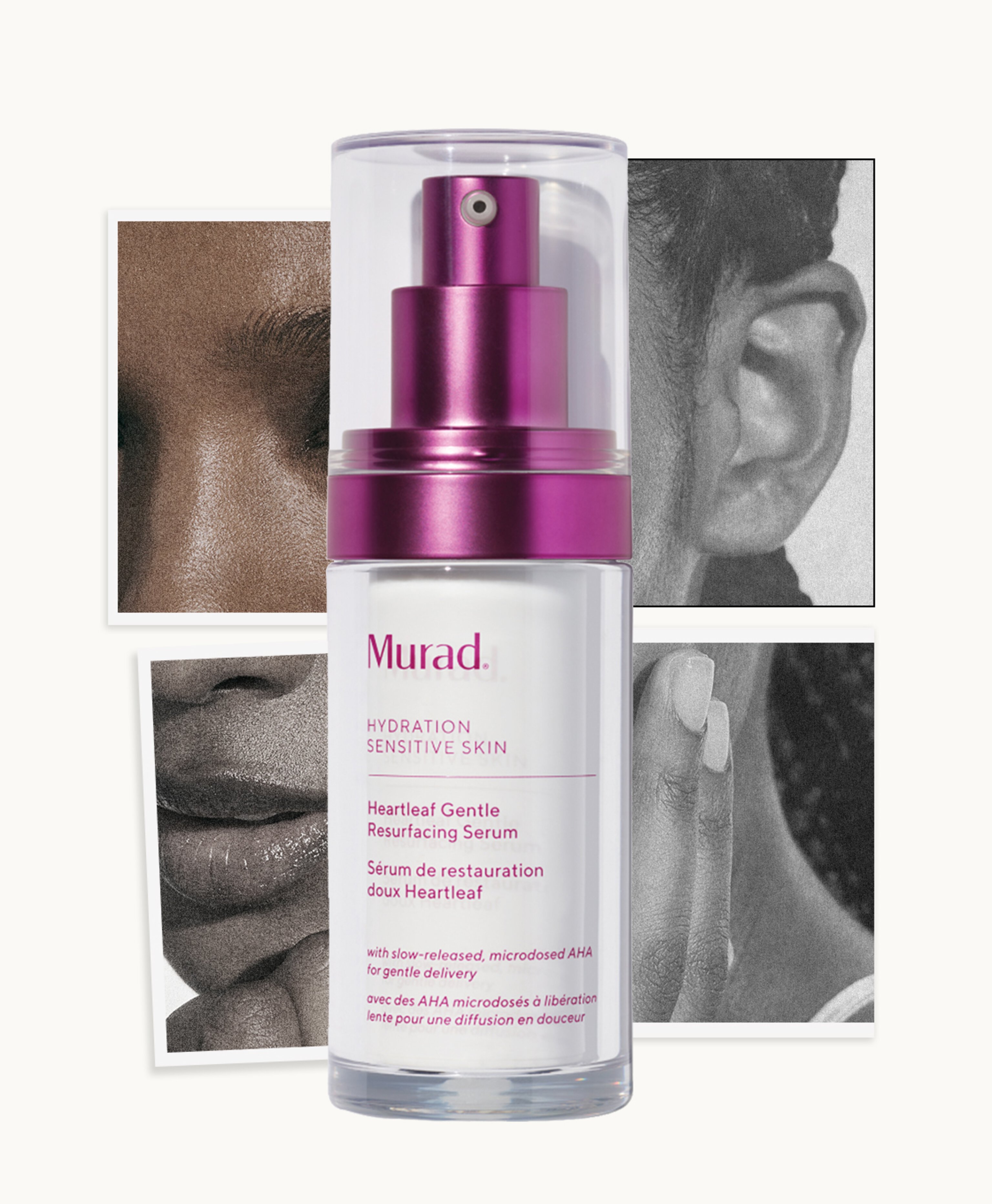
Retinols (and Alternatives) That Are Sensitive Skin Safe
Much like acids, retinoids (vitamin D products including retinol, retinal and retinoic acid) may be irritating for sensitive skin. Always start with a low dose and build up your tolerance slowly, and look for formulas that use a time-release retinol, which can deliver the same results without the irritating drawbacks.
You can also look for retinoid alternatives which will work in a similar way: boosting cell turnover and collagen production to help smooth, plump and add radiance to the skin. Dr Malik’s Doctor Skin Collagen Serum delivers those results “thanks to peptides and 4% niacinamide” she explains, and is suitable for all skin types.

Super Soothing Products for Sensitive Skin
If you’re experiencing a bad flare-up of sensitive skin – itchy, redness, dryness – there are super-soothing products you can turn to for relieving symptoms. “Look for products that contain ingredients that protect and build the barrier function of the skin back up”, says Dr Murad, “alongside helping promote the health of your cells, keeping them hydrated.” Products with hyaluronic acid, he adds, will absorb water and help the cells hang on the moisture, such as Dermalogica's Calm Water Gel which is instantly calming for inflamed skin. The Sensitive Skin Soothing Care from Sisley offers – clue’s in the name – instant relief for sensitivity too. “It acts on all biological targets involved in the phenomenon of sensitive skin, and in particular it targets the neurobiological component that induces a hyper-reactivity of sensory fibres in the skin” says Pauline Poussin, Sisley Scientific Communication Manager. Non-greasy and naturally scented by Plum kernel oil, “it brings a totally innovative approach because, beyond acting on all the characteristic signs of sensitive skin (redness, itching, tingling, etc.), it allows sensitive skin to gradually reintroduce into their routine skincare that addresses other beauty concerns (such as wrinkles, loss of firmness, dark spots, etc.)” she adds.
“Look for products that contain ingredients that protect and build the barrier function of the skin back up”, says Dr Murad
One of Dr Malik’s favourite ingredients for calming a flare up, she says is beta glucan: “It’s great for calming down sensitive skin and you can find it in the Doctor Skin Collagen Moisturiser - ideal for when skin is feeling dry and/or flaky.” If you’re looking for something that you can slather on and leave to do some super-soothing, try either The Soothing Cream by Augustinus Bader or Omorovicza's Soothing Salve, both which are rich, creamy, and really brilliant for banishing sensitive skin flare-ups.
Related Stories

